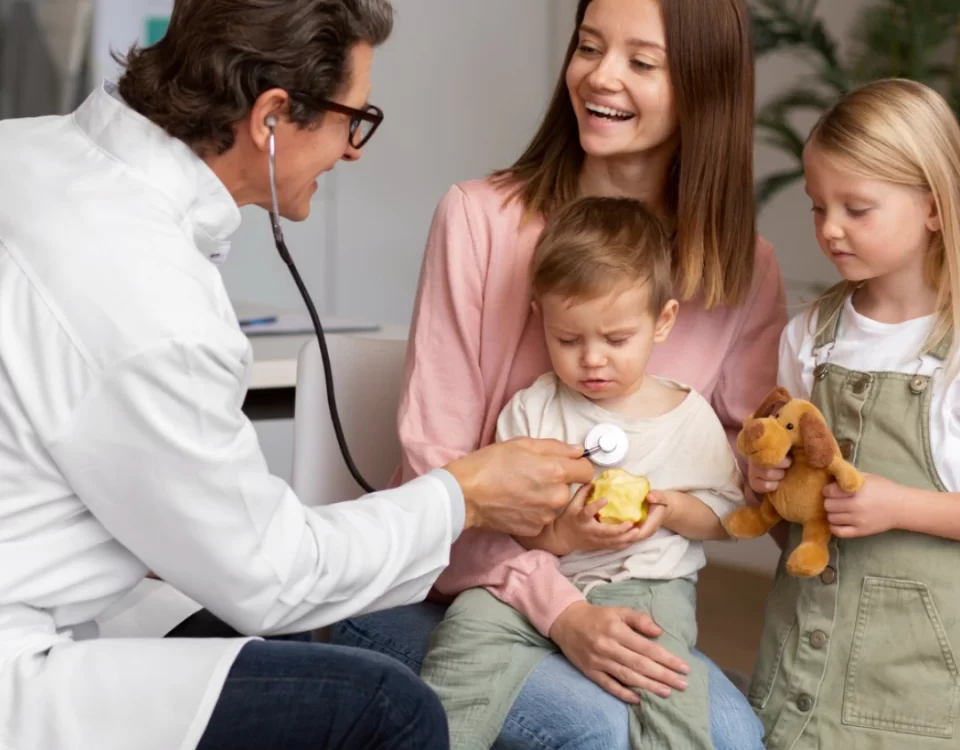
Water Beads & Children – The Dangers!
March 6, 2023
Summer is Around the Corner – Keep Your Children Safe!
May 2, 2023What is ASD?
ASD, or autism spectrum disorder, is a developmental disability affecting an individual’s communication, social skills, and behavior. Children with autism will generally crawl and walk on time, so delays are typically first noticed with their communication skills during the first year of their life.
Is ASD Common?
Data from the U.S. Centers for Disease Control and Prevention (CDC) has shown that, about 1 in 36 children (2.8%) are diagnosed on the autism spectrum by the time they are 8 years old. Although boys are diagnosed with ASD four times more often than girls, ASD diagnoses for girls have increased by 1%. Since 1990, children reported to be on the autism spectrum have risen steadily. The reasons for these increasing numbers can be attributed to the following:
- Pediatricians are conducting early screenings for ASD, meaning children are being identified earlier. The American Academy of Pediatrics recommends early screenings, which benefit a child’s overall health.
- Families and parents are becoming more aware of ASD and can pick up on the symptoms quicker.
- Changes have been made to how autism spectrum disorder is diagnosed and defined.
- Schools have come on board with parents to accommodate children with ASD.
Is There a Specific Cause of ASD?
No, there is not one specific cause of autism spectrum disorder; however, there are factors that can lead to an ASD diagnosis. While scientists continue to study and learn more about ASD, what we have learned throughout these studies is that:
- Vaccinations and immunizations do not cause ASD.
- Families and people in a child’s life do not cause them to have ASD.
- Environmental factors may contribute to ASD, although these research areas are still not entirely understood.
- When studying the brain of a child with ASD and a child who is not on the spectrum, there are differences between the two.
- Children with ASD do not have to have a medical or genetic condition to have ASD, and most often, they do not. However, children with certain medical conditions are at higher risk of being on the autism spectrum.
- A child’s family medical history can play a role in a potential diagnosis. Siblings of children with ASD are ten to twenty times more likely to be diagnosed with ASD than the general population.
Early Identification
Since autism is a spectrum, every child will acquire their own specific needs and accommodations. Identifying an autism diagnosis sooner rather than later will allow for early intervention, providing the child with a program directed at their needs.
According to the AAP, all children should be screened for ASD at their 18- and 24-month checkups. The three common early signs of ASD include:
- Lack of joint attention delay. Joint attention is how an individual looks at an object, event, or another person back and forth and connects with it. Children on the autism spectrum will typically have a delayed response to joint attention.
- Language delays. It is prevalent for children on the autism spectrum to show delays in nonverbal communication and language. Some of these delays will be noticed with the following:
- Using labels, such as other words, they ask for things without saying the actual word.
- Echoing or repeating certain dialogues or tones of voices they hear for a more extended period. For example, children on the autism spectrum can be very well-spoken and talk more like an adult than a toddler.
At SuraMed Health Center, we are here to address your concerns regarding your child’s health. If you believe that your child may be on the autism spectrum or have questions regarding ASD, please do not hesitate to ask. We will find the best way to help you and your child navigate through any concerns you may have. You may visit our website to contact your local clinic today.





